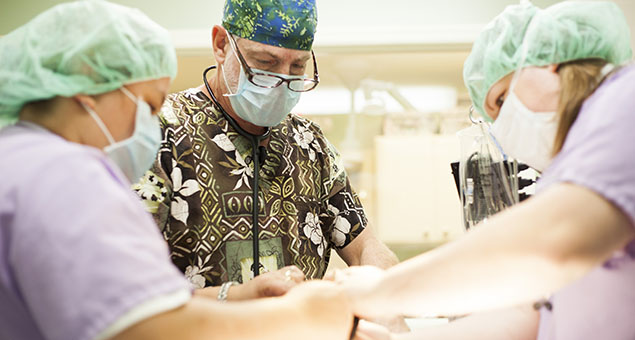
Comprehensive Surgical Care for Pets
Like humans, pets require regular medical care throughout their lives, which often includes surgical procedures. At Hampton Park Veterinary Hospital, we perform a wide range of veterinary surgeries, including soft tissue procedures carried out by Dr. Baxter and orthopedic surgeries performed on-site by a board-certified veterinary surgeon. All veterinarians are trained in the fundamentals of surgery, and we utilize advanced technology to support optimal outcomes and promote a smooth, speedy recovery for your beloved pet.
Why Might My Pet Need Veterinary Surgery?
There are several reasons why your pet may need surgery, including:
Spay and Neuter
Spaying and neutering are among the most common types of surgery for pets. Spaying (for females) and neutering (for males) ensures that pets can’t reproduce, eliminates the risks of testicular cancer in males, and lowers the risk of uterine and breast cancers in females.
Laceration/Trauma Repairs
A laceration is a wound produced by the tearing of body tissue. A laceration repair can be a minor surgery if the laceration is small or a major surgery if the laceration is large, deep, or infected. A laceration repair will help the torn tissues heal faster, with less likelihood of infection or excessive scar tissue.
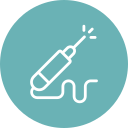
Soft Tissue Surgery
Soft tissue surgery encompasses various procedures involving internal organs, skin, and muscles.
Growth Removal
Growths that are growing and interfering with your pet’s movement, bothering your pet, or those that are malignant are best removed surgically as soon as possible.
Foreign Object/Obstruction Removal
Inevitably, pets eat things they shouldn’t. A gastrointestinal (GI) foreign body is any non-food item that alters the normal flow of materials through the GI tract and can be life-threatening if not removed immediately. Even if a foreign object does not cause obstruction, it can cause significant irritation of the tissues as it passes through the GI tract.
Advanced Surgical Options
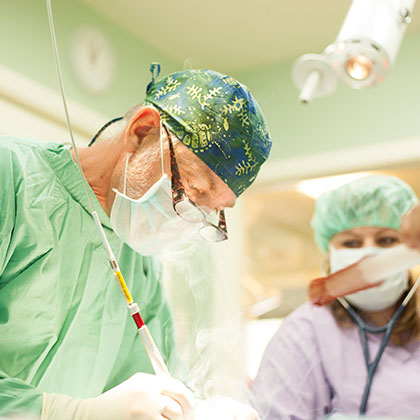
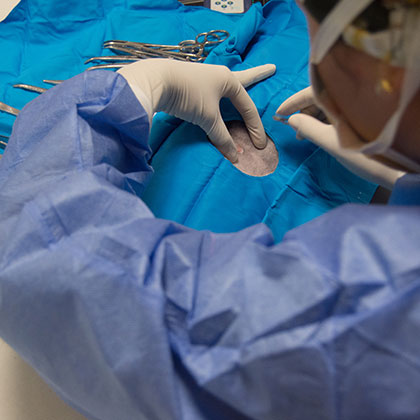
Scalpel-Free Laser SX is a modern surgical tool that provides a safer and more precise alternative to traditional scalpels for both spay and neuter procedures. This advanced laser technology vaporizes tissue with a focused beam of light, reducing bleeding, lowering infection risk, and promoting faster healing. With fewer complications and less postoperative pain, laser surgery helps pets recover quickly and comfortably.
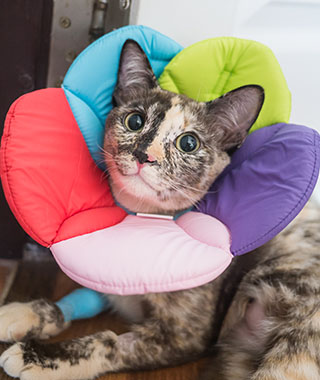

Pain Management for Pet Surgery
We take pain control and the comfort of our patients very seriously at Hampton Park Veterinary. We take great care to pre-screen and evaluate our patients for anesthetic and surgical safety before the procedures occur.
We then pre-treat them with pain medications before any type of veterinary surgery ever starts and regulate pain control during all procedures. We also offer ongoing pain control when the patient leaves the hospital and goes home to recuperate, usually through various oral medications.


